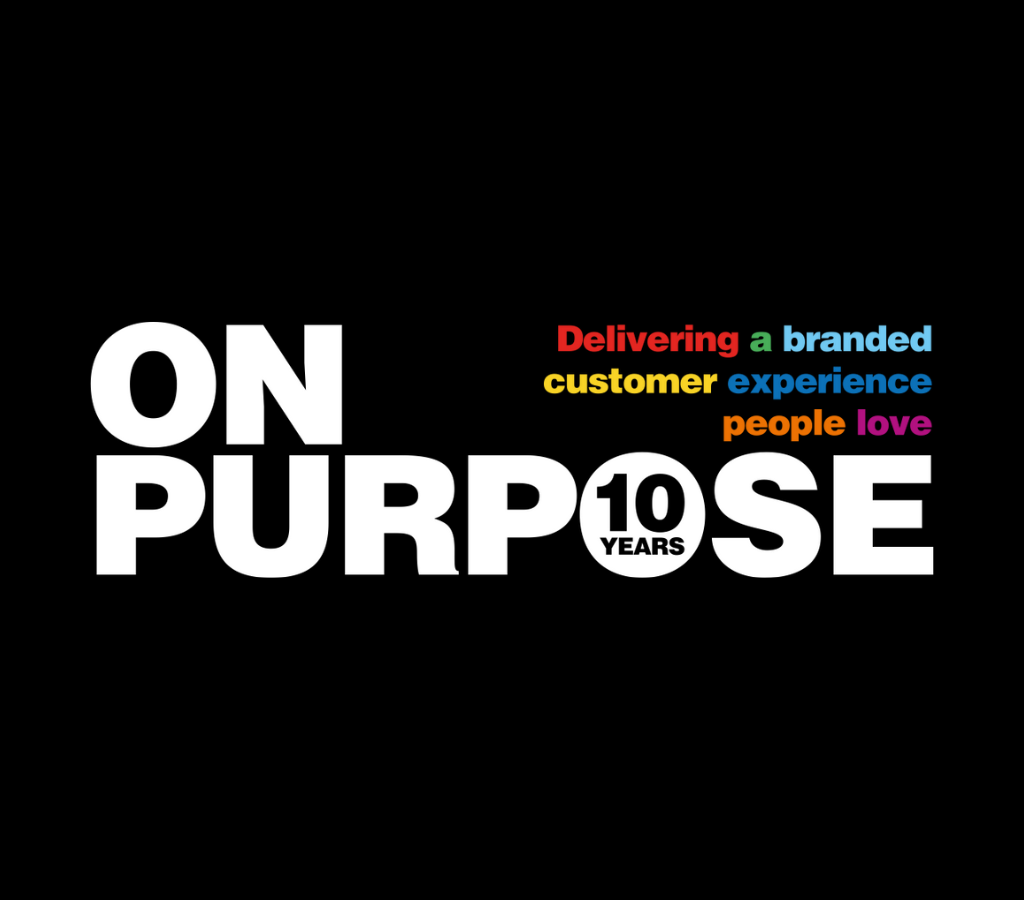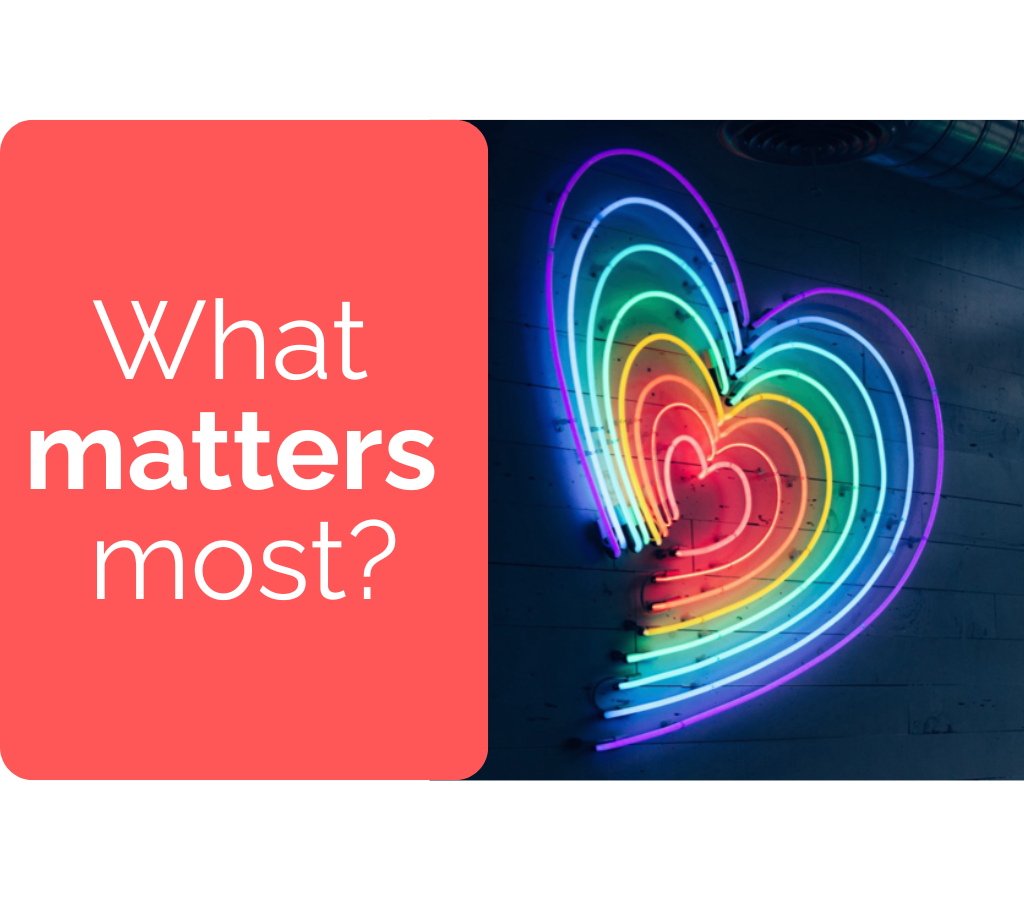Make decisions at pace. One of the biggest speedbumps in businesses is delayed decisions. Waiting for the decision-maker to be available. Waiting to get all the data in. And whoosh, the opportunity has been missed. Or your competitors have taken it instead.
‘All business activity’, says Dave Girouard, former President of Google Apps and now CEO of personal finance start-up Upstart2, ‘really comes down to two simple things: making decisions and executing decisions. Your success depends on your ability to develop speed as a habit in both.’
Making a decision at the right pace can be nerve wracking though. Too slow is stupid. But too fast is foolhardy of course. Be clear on whether there’s any more data or perspectives you need before making a decision but if you are ambitious, you must have ‘an action bias.’ You’ll only ever be 80% certain of anything until you test it; you can never have perfect information. So, aim for clarity not for certainty.
Amazon talk about decisions which are ‘two-way doors’. Work out if you can prototype/test/discover things before full commitment. Or think about what happens if it’s wrong – be ready for the mistakes or plan a pre-mortem. But boldness and action drive adventure and progress. Lead with speed and decide sharply. Decide, delegate and deliver.
Make fewer decisions. This is very important. Making decisions is tiring. If you overload your brain with many decisions, the quality of your choices will deteriorate. Be aware of your ‘cognitive load’… the pressure on your brain. You need to move fast…but not rush. Sometimes you need to sleep on it (your brain needs to be fresh and clear). Don’t make those important decisions when you are tired or hungry. Hungry people are harsher (or more likely to take the easy option), as a study in the Proceedings of the National Academy of Sciences looking at the sentencing of judges shows. At the beginning of a session, a prisoner had a 65 per cent chance of being paroled. This fell to almost zero before a break. It rose back to 65 per cent after a break. This result was independent of any other factors.
Your energy impacts your decision-making capacity. Jeff Bezos talks about the need for not being tired and grouchy for decisions – and the fact is that as a leader you are paid to make decisions and they need to be quality ones. “If I make, like, three good decisions a day, that’s enough. And they should be as high quality as I can make them. Warren Buffett says he’s good if he makes three good decisions a year.”
Work out the what, the who and the when. What is the decision exactly? Can you see there’s a decision that needs to be made? Leaders need to articulate it out loud and with others to help with clarity. This may change what the decision is. For example, ‘Should we launch it?’ might become ‘How could we test it?’ Sometimes if you’re uncertain about something, discussing it with a critical friend helps. Saying out loud (e.g. ‘I’ve decided to move on from this role’) tests your gut response to a decision.
Who can help you decide? Who can be your thinking partner, a critical friend or input into the debate? Borrowing brains from others can speed you up and sharpen your thinking – avoid the hubristic mistakes of the arrogant leaders who don’t listen to other perspectives. Being decisive doesn’t mean not listening to others.
And who is the ultimate decision-maker? Lack of clarity on that can seriously delay success. Make sure you’re clear on who has to be involved right from the start.
Then work out when will you make the decision? Again, this is not always about rushing but about being clear on when the decision can be made. Tip: Look at the ‘temporal frequency’ of decisions. One CEO I worked with moved decision making meetings from monthly to fortnightly and hugely upped the pace of the business. A big British retailer moved buying decisions from Friday to Thursday. This meant the decision could be acted on on a Friday in time for sales that weekend.
Lastly, be aware that decisions should be about what you don’t do as well as what you do. The Latin root of the word for decision comes from ‘to cut off.’ So decisions do require courage and they often require you to move forward in a different way once they’ve been done.
Managing your energy and your resilience as a leader is not just critical for allowing you to make the right decisions but essential for managing the impact of decisions as well – others may not agree or may mourn what has been left behind. Keep looking forward and you’ll take others there with you.




